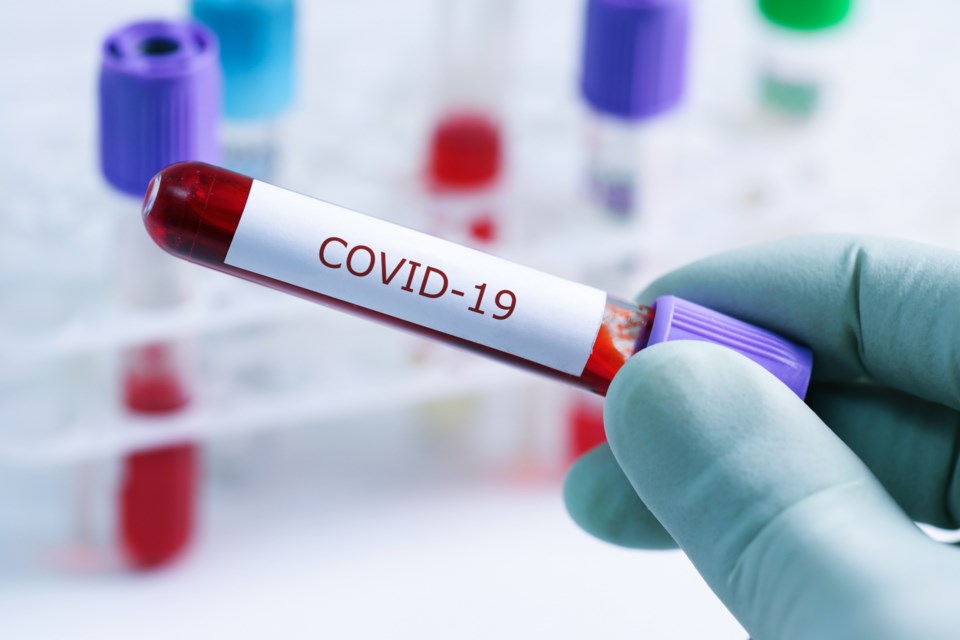Waterloo Region will see 787 suspected Delta variant of concern cases reported on Tuesday.
Medical Officer of Health, Dr. Hsiu-Li Wang, provided the details during a virtual regional committee of the whole meeting.
She said due to recent provincial lab changes and in order to more accurately represent the proportion of cases that are variants, Region of Waterloo Public Health will begin reporting suspected Delta cases.
"For the Delta variant, these are cases that are confirmed through Whole Genome Sequencing, and it can take several weeks to receive confirmation," explained Wang. "Surveillance testing is conducted by Public Health Ontario. The provincial laboratory has recently transitioned to only testing 50 per cent of samples for Whole Genome Sequencing."
Since Delta is the predominant strain in Waterloo Region, Wang said the change in surveillance testing would lead to a significant underreporting of the variant over time, so suspected cases will now be reported to compensate.
The reporting change will be implemented on Tuesday and 787 suspected Delta cases will be added to the variant section of the region's online dashboard.
As for local COVID-19 trends, Wang said cases rates are slowly increasing. As of Monday's update, Waterloo Region's rate is approximately 30 cases per 100,000 per week.
Wang added there have also been incremental increases in hospitalizations and outbreaks.
"Infections and severe illness continue to be most frequent and serious among those who are unvaccinated," said Wang.
She said as of Sept. 8, the seven-day average rate of COVID-19 in Waterloo Region is more than nine-times higher in unvaccinated individuals, compared to fully vaccinated individuals.
Wang said vaccination is the most powerful protection measure available, "But no single measure on its own is perfect at preventing COVID-19 spread. Residents should continue to take public health precautions to lower their risk."
Regional councillor Sue Foxton asked Wang about recent COVID-19 cases in schools, as a dozen have been reported since classes resumed.
Wang said, "what we are seeing in our schools, which is cases among children and school staff, at this point and time - it reflects what's going on in the broader community."
She said in general, children are less affected by severe outcomes from COVID-19.
"However, the concern is -- if there are many children that are infected, then there will be a minority of those who could have more severe outcomes. So the key is we don't want to have a lot spread among any age group, including school-aged children."
She added schools have measures in place to help prevent spread, but the best way to prevent cases is to slow the overall transmission in the community.
Dr. Wang says in Ontario, those who are unvaccinated are 24x more likely to be hospitalized with COVID compared to those who are fully vaccinated. The unvaccinated are also 43x more likely to be admitted to the ICU.
— Erin Anderson (@erinbailey_a) September 14, 2021



